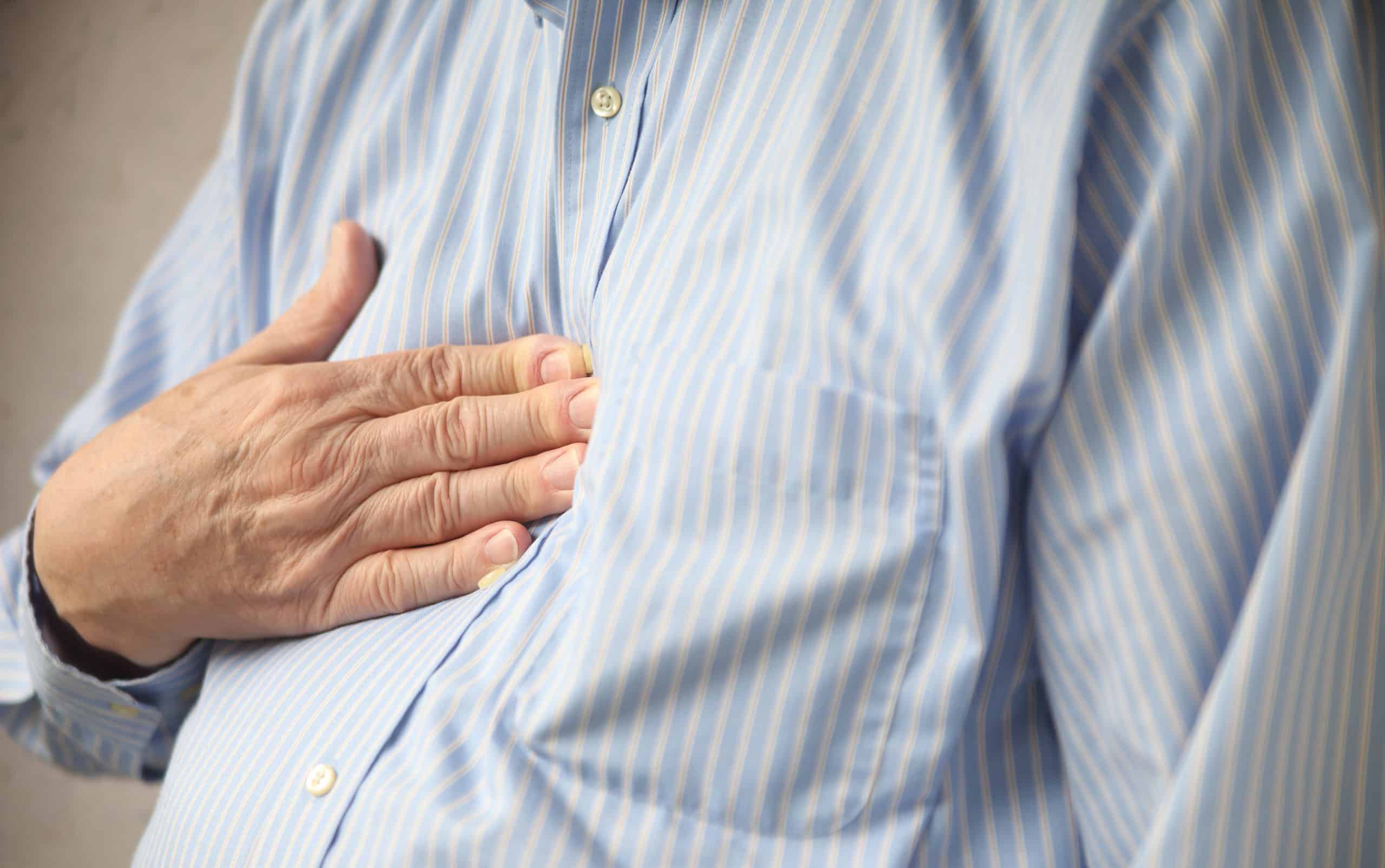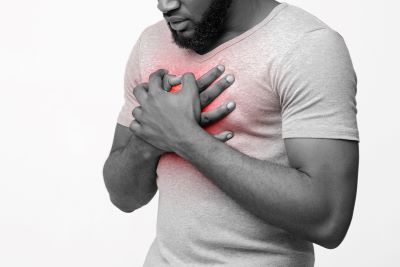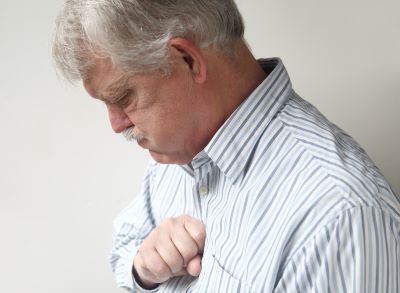
Can gallbladder cause acid reflux issues? A gallbladder is an organ in the right upper part of your stomach, situated right beneath the liver. Its task is to store bile, which is a mixture of cholesterol, fat, and fluids. Thanks to that, the human body can break down fat, and it also promotes the absorption of fat-soluble nutrients.
What happens if you experience acid reflux? Have you ever wondered can gallstones cause stomach acid? Keep reading to learn everything about this topic, and discover whether there is a potential connection.
can you get Gallbladder Acid Reflux?
If you have gallstones, you probably experienced severe pain in your abdomen. Although that is the symptom that most people are complaining about, gallstones might also cause vomiting and nausea.
Although it is possible, acid reflux and gallbladder problems might not be always related. Furthermore, it is only chronic gallbladder problems that lead to gas, acid reflux, and other digestive issues. Those chronic problems might include cholecystitis, which is gallbladder inflammation.
What Is Acid Reflux?

Acid reflux occurs if you experience heartburn or burning pain in the lower section of your chest. The cause of this condition is the stomach acid that returns to the food pipe.
It is a frequent condition whose risk factors include smoking, obesity, medications, and low physical activity. You might also have acid reflux issues if you eat too much, and focus on unhealthy food. That is why a healthy diet might minimize the risk of this condition.
If acid reflux occurs more than a couple of times per week, you might have GERS – gastroesophageal reflux disease.
Gallbladder Symptoms VS. Acid Reflux
Is there a connection between acid reflux and gallbladder problems? Many experts agree that a direct relationship doesn’t exist. However, both gallstones and acid reflux might lead to pain in the upper abdominal area. Confirming the diagnosis is not easy, but let’s take a look at the differences that might help to discover the actual cause.
Pain Location

Acid reflux is a condition that occurs when stomach contents head up into the esophagus. As that is a tube between the stomach and the throat, you will feel pain in the lower chest and above.
On the other hand, a gallbladder is in the abdomen’s upper right section. Although referred pain shouldn’t be excluded, you usually feel that this particular section hurts. If you can trace your pain to below the ribs or the general right side, including shoulder blades, you can suspect gallstones.
Differences in How You Feel the Pain
A huge majority of people had acid reflux at least once in their lives. The pain related to this condition is continuous and can be described as “boring and burning.” It shouldn’t last more than 60 minutes, and you can feel between if you stand or take a walk. An antacid is a medication type that can help with this pain.
On the other hand, gallstone pain can be particularly sharp and intense. It is also continuous, and might even move positions. It doesn’t help to take antacids or pass gas, and you might experience vomiting and nausea. The pain related to gallbladder can last for several hours.
When Did the Pain Happen?
You can recognize acid reflux as it usually appears right after you finish the meal. If that is when your pain occurred, the chances are that is what caused it.
As for gallstone-related pain, it is not related to meals. However, it might always occur at the same time of the day or night. More often than not, it is so strong that it can wake you up. Fatty foods are not recommended for those experiencing gallbladder issues as they might initiate a gallstone attack.
How to Confirm That You Have Gallstones?
The only fireproof way to determine you have gallstones is to visit the doctor. They will confirm the problem, and choose an appropriate treatment. The doctor might recommend surgery to remove the gallbladder or a non-surgical treatment.
Here are some symptoms that might indicate gallstones:
- Strong pain in your abdomen – it usually takes several hours after a meal for the pain to occur, but the crucial thing to note is that it’s reoccurring. You should feel it on the right side of your abdomen.
- OTC pain medications – the pain is so strong that OTC medications might not always help, or they may only relieve the pain a bit. Passing gas and changing positions might help with the pain, but these are also limited effects.
- Jaundice – you might notice your eyes getting white and skin yellow. Additionally, your stools might be pale, and urine That might indicate a gallstone is causing issues in the cystic duct connected to the bile duct.
- Obvious weight loss or gain – if you notice that you are rapidly gaining or losing weight, it might be because of gallstones.
- Ultrasound abnormality – it is the ultimate way to confirm you have gallbladder issues. Your doctor might resort to an ultrasound to confirm the diagnosis.
The answer to the question can gallbladder cause acid reflux issues is no, and although both conditions cause similar symptoms, they are not directly related.